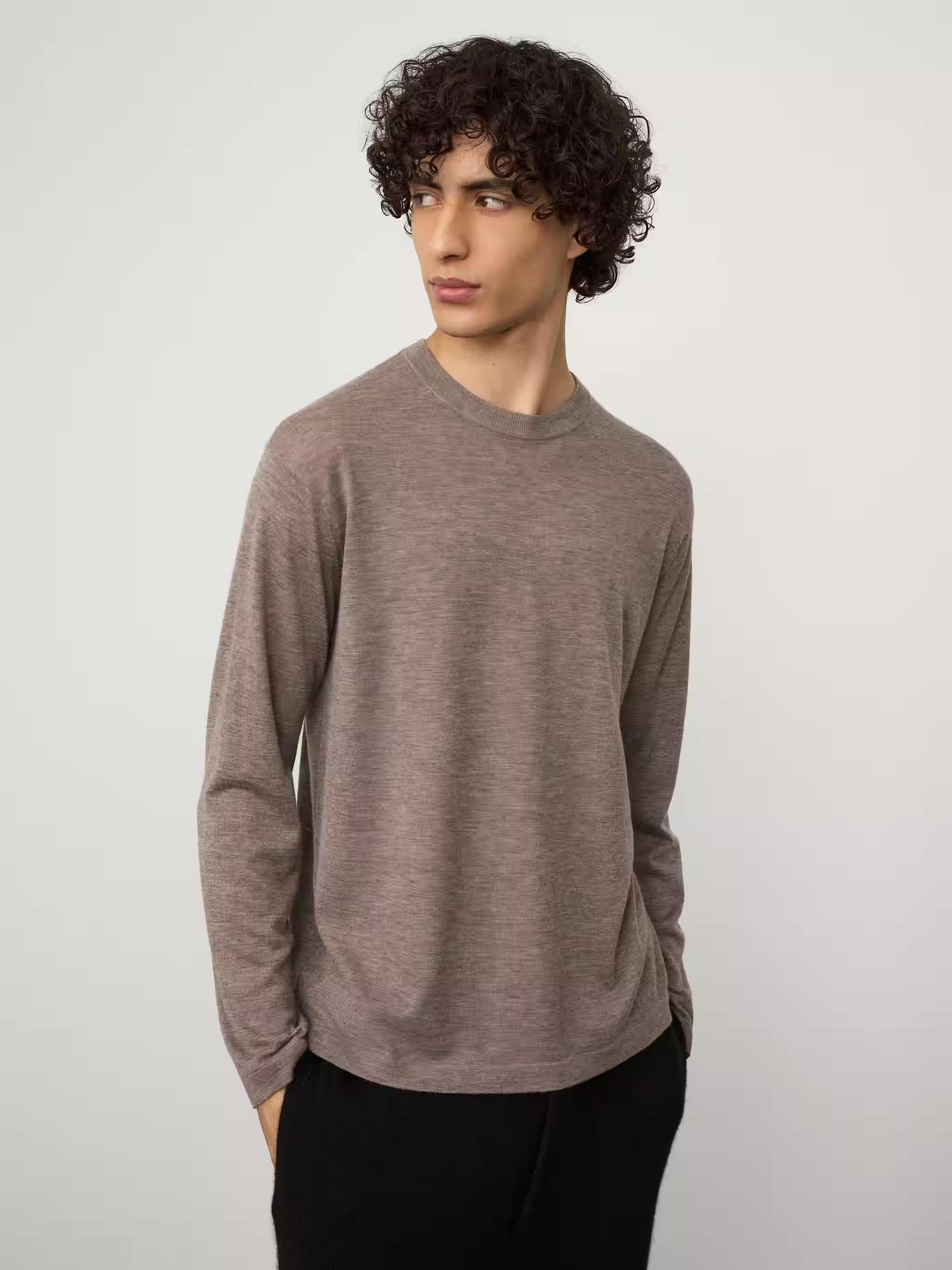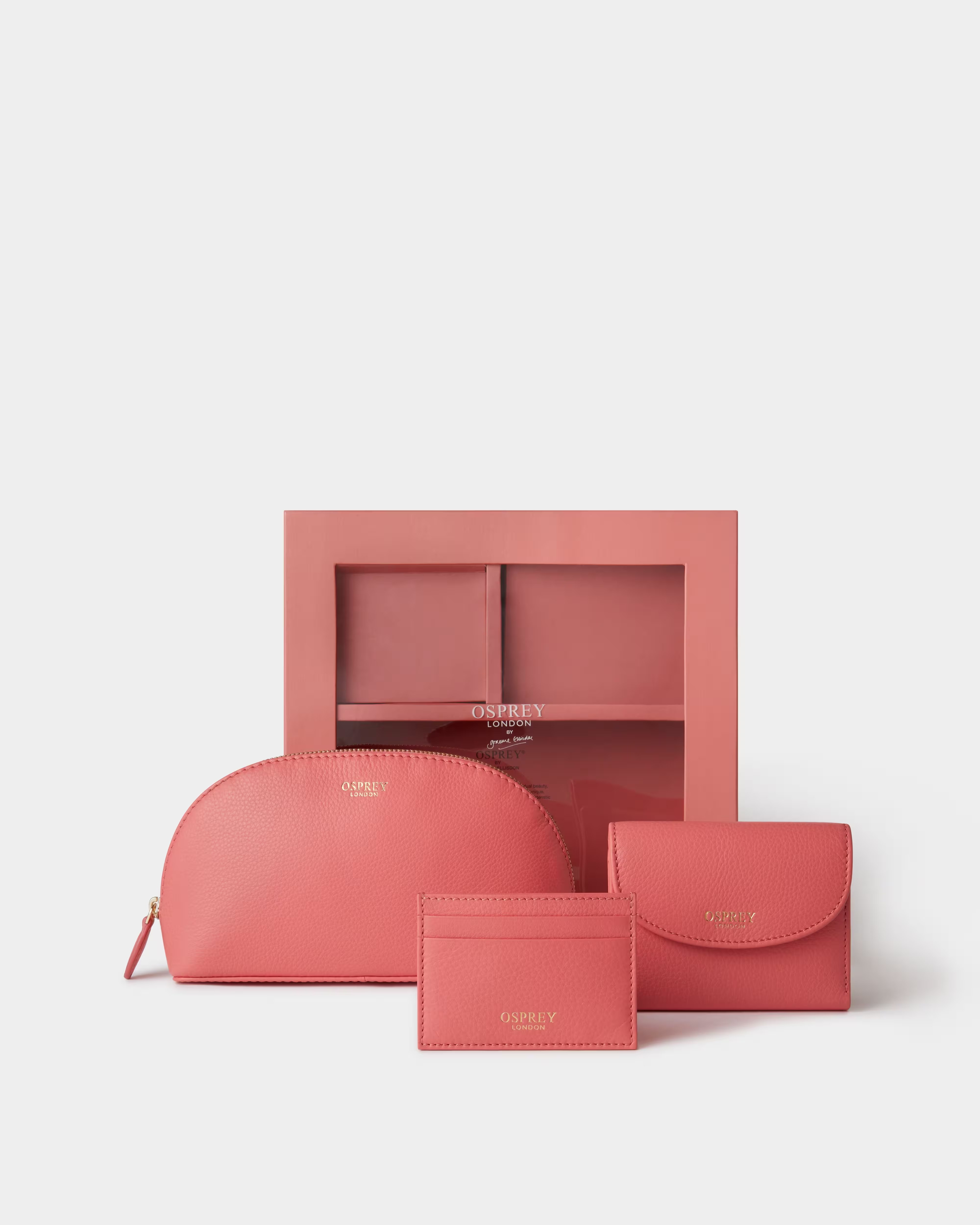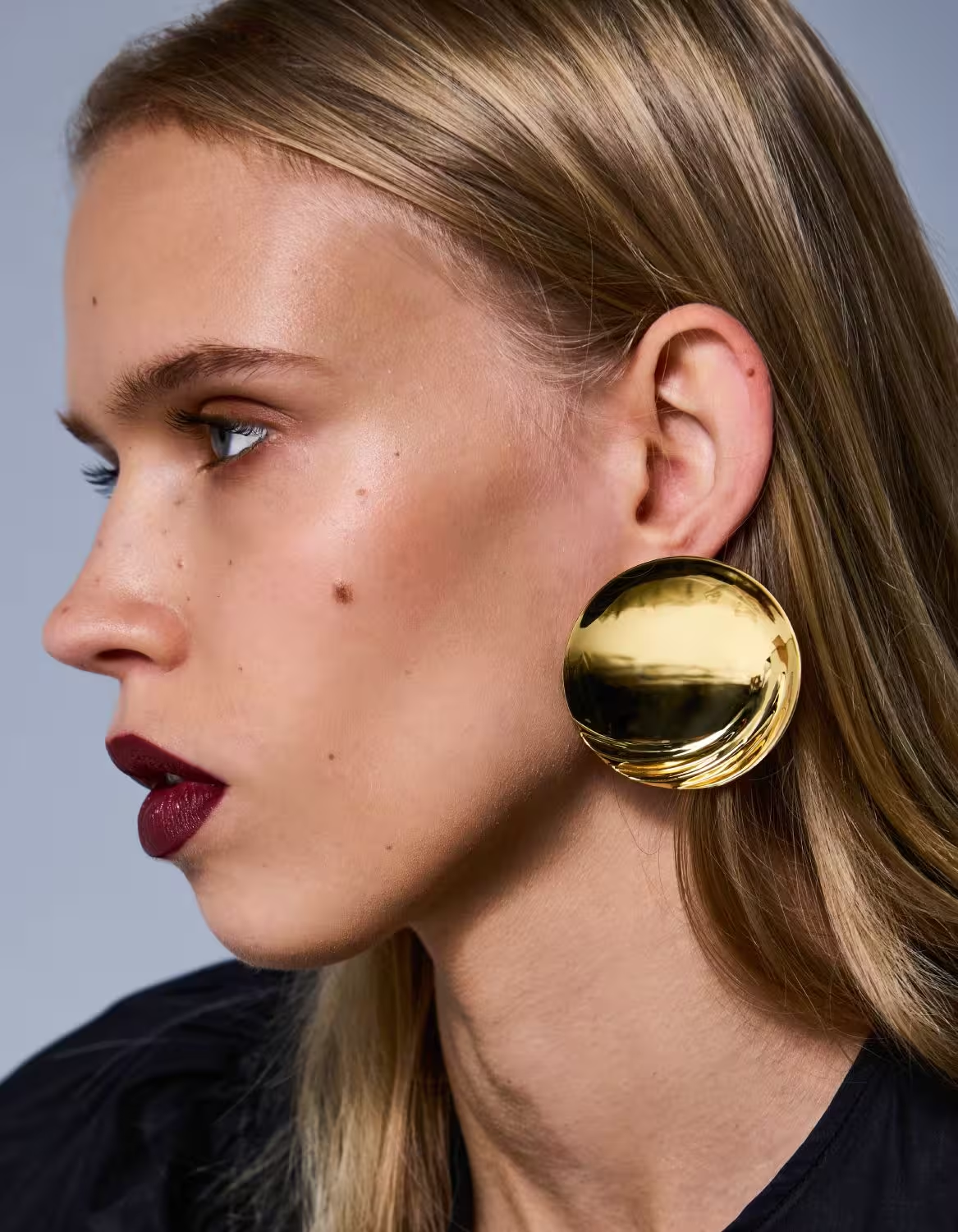
Mashburn offers timeless and versatile clothing for both men and women, with a focus on style and quality. From women's dresses to men's sport jackets, their collection embodies classic design with a modern touch. With free shipping and easy returns, Mashburn aims to provide a seamless shopping experience.
.avif)
Ilse Jacobsen Hornbæk is a Danish brand founded in 1993, known for practical and stylish rainwear and rubber boots. Inspired by the scenic town of Hornbæk, it also offers outerwear, bags, and Tulip shoes designed for active, outdoor lifestyles. Their products blend Scandinavian elegance with functionality and are available worldwide.

Lisa Yang is a Stockholm-based brand specializing in modern cashmere essentials crafted with timeless elegance and sustainable values. Known for its soft silhouettes and refined simplicity, the label offers elevated knitwear for everyday luxury. Lisa Yang blends comfort, craftsmanship, and conscious design in every piece.

Osprey London is a British luxury brand known for its handcrafted leather bags, accessories, and home goods. Combining timeless design with traditional craftsmanship, the brand offers pieces that are both stylish and enduring. Osprey London embodies understated elegance and everyday luxury.

FLOA Design is a London-based luxury jewellery house recognised for its fluid, organic aesthetics and innovative approach to design. FLOA’s wearable sculptures are created for contemporary women who celebrate their confidence and individuality. Each piece is custom-made to your exact size, with the option to engrave your name, desire, or mantra.

Experience comfort, style, and optimal posture Traditional seats lead to back problems and sedentary lifestyle. Our ergonomic ball seat, inspired by Pilates Swiss balls, offers a comfortable and stylish solution to improve posture and well-being. Combining design and ergonomics, it transforms your work experience at home or in the office.

Contemporary luxury brand creating the vintage of the future. Inspired by nature's vivacity, faraway travels and the glamour and hedonism of eras past, Hayley Menzies strive to make less but better. Our aesthetic is shaped by a collector's mindset; a hunter-gatherer style rich with reference and fantasy.
In direct-to-consumer (D2C) luxury brand world, the key to success lies in crafting an exclusive and personalized customer experience. A recent report by Bain & Company highlighted that personal luxury goods market growth was driven significantly by online sales, which grew by 50% in 2020. This surge underscores the shift in luxury shopping behaviors, with consumers increasingly seeking convenience without compromising on the luxury experience. Top D2C luxury brands differentiate themselves through bespoke services and products, often providing customization options that allow customers to feel a part of the brand’s story. High-quality, exclusive products paired with a narrative that speaks of heritage and craftsmanship resonate well with the luxury audience.
Additionally, technology plays a pivotal role in enhancing the luxury experience in the digital space. For eCommerce managers and SaaS employees focusing on luxury brands, the integration of advanced technologies like augmented reality (AR) for virtual try-ons, AI for personalized shopping experiences, and robust CRM systems for exceptional customer service is crucial. These tools not only streamline the buying process but also create a sense of exclusivity and personal attention. Successful D2C luxury brands blend the allure of luxury with the convenience of online shopping, setting a new standard in the digital consumer experience.
Mejuri stands out as a prime example of a successful direct-to-consumer luxury brand in the e-commerce world. Known for their fine jewelry, Mejuri has revolutionized how luxury items are marketed and sold online. What sets Mejuri apart is their commitment to quality and affordability, breaking the traditional barriers of luxury shopping. They offer elegant, minimalist designs that appeal to a broad audience, bringing the luxury of fine jewelry to everyday wear. Their direct-to-consumer model eliminates the middleman, making high-end jewelry more accessible while maintaining the allure and prestige of luxury.
Another leading name in the e-commerce luxury sector is Net-a-Porter, a pioneer in luxury fashion retail. Net-a-Porter has become synonymous with high-end online shopping, offering an extensive selection of designer clothing and accessories. Their success lies in their seamless blend of a vast product range with an exclusive shopping experience. They provide detailed product descriptions, high-quality images, and styling tips, which mirror the in-store luxury shopping experience. Net-a-Porter also excels in customer service, with fast shipping, elegant packaging, and an easy return policy, ensuring customer satisfaction remains at the heart of their business model.